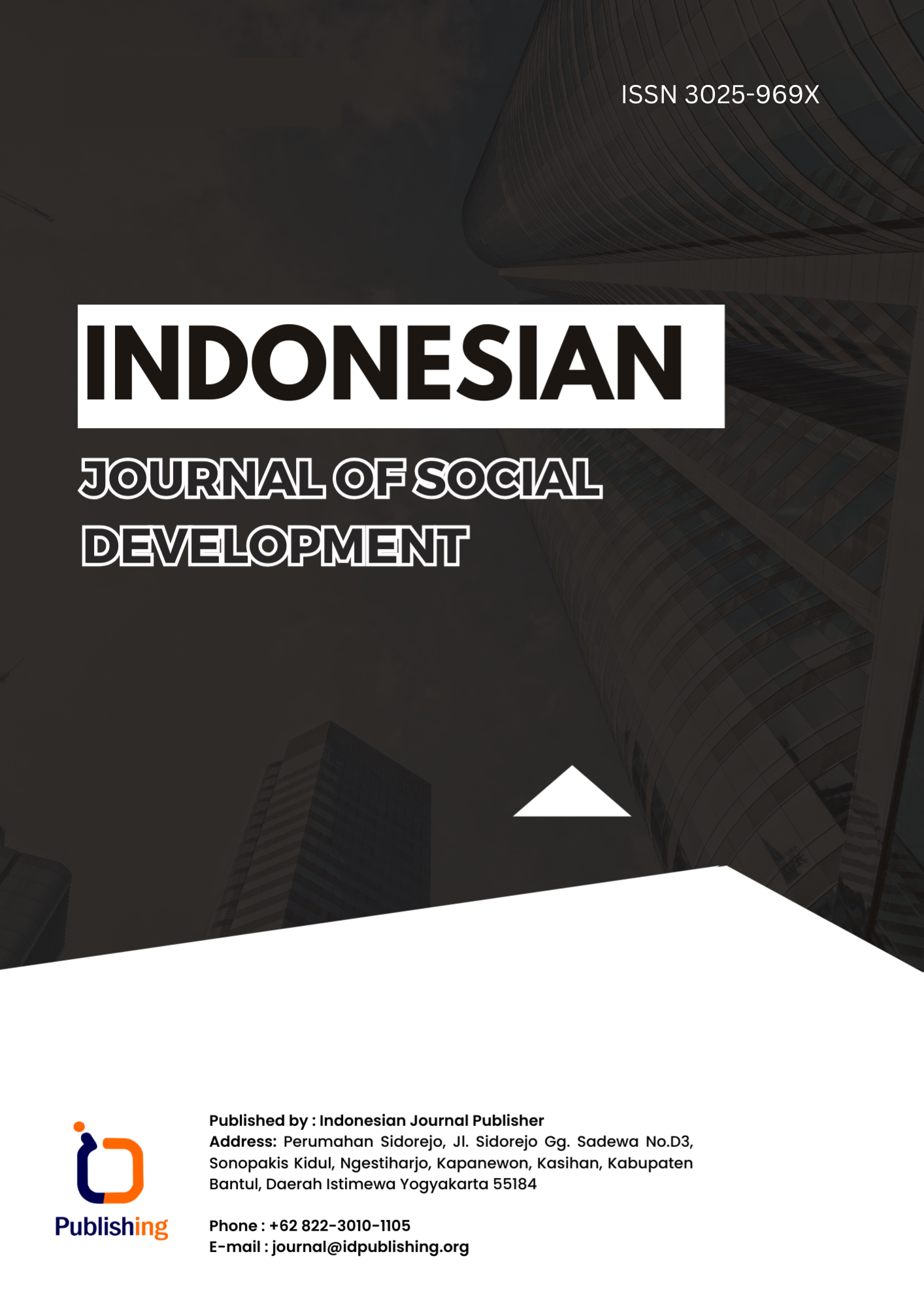The Role of Education and Mentoring In Building Leadership for Women In Uzbekistan
DOI:
https://doi.org/10.47134/jsd.v2i3.3700Keywords:
Women's Leadership, Education, Gender Equality, Leadership Programs, Women's Empowerment, Gender Barriers, Education Policy, Women's EntrepreneurshipAbstract
This article explores the impact of education on fostering women's leadership in Uzbekistan. The study findings indicate that educational programs play a crucial role in enhancing women's leadership competencies. Women pursuing higher education demonstrate a strong aspiration for leadership roles, and those who have participated in educational initiatives experience notable professional growth. Additionally, the article highlights gender as a key barrier preventing women from attaining leadership positions. Global research and best practices from developed countries suggest that the implementation of specialized leadership programs for women, along with government-led initiatives promoting gender equality, serve as effective strategies for cultivating women's leadership.
References
Abduraimova, D., & Sobirovich, T. B. (2024). Progress and Challenges: Gender Equality in Contemporary Uzbekistan. Asian Journal of Basic Science & Research, 6(1), 49-54.
Ahmedov, R. (2021). Ta’lim jarayonida zamonaviy texnologiyalarning o‘rni. Toshkent: Fan va Texnologiya.
Allen, T. D., Eby, L. T., Poteet, M. L., Lentz, E., & Lima, L. (2004). Career benefits associated with mentoring for protégés: A meta-analysis. Journal of Applied Psychology, 89(1), 127-136.
Brown, H. D. (2007). Teaching by Principles: An Interactive Approach to Language Pedagogy. Pearson Education.
Dudeney, G., & Hockly, N. (2007). How to Teach English with Technology. Pearson Longman.
Eagly, A. H., & Carli, L. L. (2007). Through the labyrinth: The truth about how women become leaders. Harvard Business Press.
Ely, R., Ibarra, H., & Kolb, D. (2011). Taking gender into account: Theory and design for women's leadership development programs. Academy of Management Learning & Education, 10(3), 474-493.
Ely, R., & Rhode, D. L. (2010). Women and leadership: Defining the challenges. Harvard Business Review.
Harmer, J. (2015). The Practice of English Language Teaching. Pearson Longman.
Johnson, K., & Smith, R. (2019). Educational Technologies in Assessment Practices. Cambridge University Press.
Karimova, M. (2020). O‘zbekistonda gender tengligi va ta’lim tizimidagi islohotlar. Toshkent: Ijtimoiy Fanlar Akademiyasi.
Kassen, M. A. (2009). Technology-Enhanced Language Learning. American Council on the Teaching of Foreign Languages.
Madsen, S. R. (2010). Developing leadership: Learning from the experiences of women governors. Journal of Leadership Studies, 4(2), 54-60.
Mayer, R. E. (2021). Multimedia Learning. Cambridge University Press.
Northouse, PG (2021). Leadership: Theory and practice. Sage Publications.
Resolution of the President of the Republic of Uzbekistan No. PQ-4235. (2019). On supporting women and strengthening their position in society.
Richards, JC (2008). Developing Listening Skills. Cambridge University Press.
Sobirovich, T. B. (2021). Issues of gender equality in uzbekistan: Strategy of reforms. Asian Journal of Multidimensional Research, 10(9), 203-207.
Vandergrift, L., & Goh, CC (2012). Teaching and Learning Second Language Listening: Metacognition in Action. Routledge.
World Economic Forum. (2021). Global Gender Gap Report 2021. Retrieved from www.weforum.org
World Bank. (2020). Women, Business and the Law 2020. Washington, D.C.: The World Bank Group.
Yang, S. (2020). AI-Based Language Learning Tools: Advances and Applications. Springer.











